Smoke Detectors in Homes: Essential Home Buying Tips Every Buyer and Seller Must Know!
When it comes to buying or selling a home, there are countless details to consider—price, location, condition, and more. But one small, often overlooked detail can have huge legal and safety implications: smoke detectors. Whether you're a tenant, a landlord, or someone looking to buy or sell property in California, understanding the current smoke detector regulations is absolutely critical. This guide distills everything you need to know about smoke detector compliance, based on insights from real estate expert Graeham Watts.
In this comprehensive article, we'll unpack the legal requirements for smoke detectors in California homes, explain what compliance means for sellers and landlords, and explore how noncompliance can affect tenants and property owners alike. By the end, you’ll understand why upgrading your smoke detectors is not just a safety measure, but a smart legal move that can save you from costly headaches down the road.
🔥 Why Smoke Detector Compliance Matters in Real Estate
Smoke detectors are more than just devices that beep annoyingly when you burn your toast—they are life-saving tools that protect occupants from fire hazards. However, compliance with smoke detector regulations is also a legal requirement that impacts real estate transactions and rental agreements.
California law has evolved to ensure that smoke detectors meet higher safety standards, particularly focusing on whether they are hardwired or battery-operated and the type of batteries used. Failure to meet these standards can result in your property being deemed legally uninhabitable, which has serious consequences for landlords and sellers.
For buyers and sellers, smoke detector compliance is a critical aspect of the home inspection and disclosure process. If you’re selling a home, you must ensure your smoke detectors meet the current standards before escrow closes. Misrepresenting compliance on your Transfer Disclosure Statement can lead to legal liability.

🏠 Smoke Detector Requirements Based on Home Construction Date
One of the most important factors in determining what type of smoke detector your home requires is its construction date. California law differentiates between homes built before and after August 14, 1992.
Homes Built After August 14, 1992
If your home was constructed after this date, the law requires that smoke detectors be hardwired into the home’s electrical system. Additionally, these detectors must have a battery backup to ensure functionality during power outages. This means:
- No plug-in smoke detectors are allowed.
- No stick-on, battery-only smoke detectors are acceptable.
- Smoke detectors must be wired directly to the electrical system and include a battery backup.
This ensures that smoke detectors are always powered and reliable, reducing the risk of failure during emergencies.
Homes Built Before August 14, 1992
For older homes built before this date, the requirements are different but equally important. Under California Health and Safety Code 13114, these homes must have smoke detectors equipped with a sealed 10-year battery. This type of battery cannot be removed or replaced by the occupant, ensuring that the smoke detector remains operational for its entire lifespan without needing battery changes.
Failure to upgrade smoke detectors in older homes to this standard means your property is out of compliance with California law.
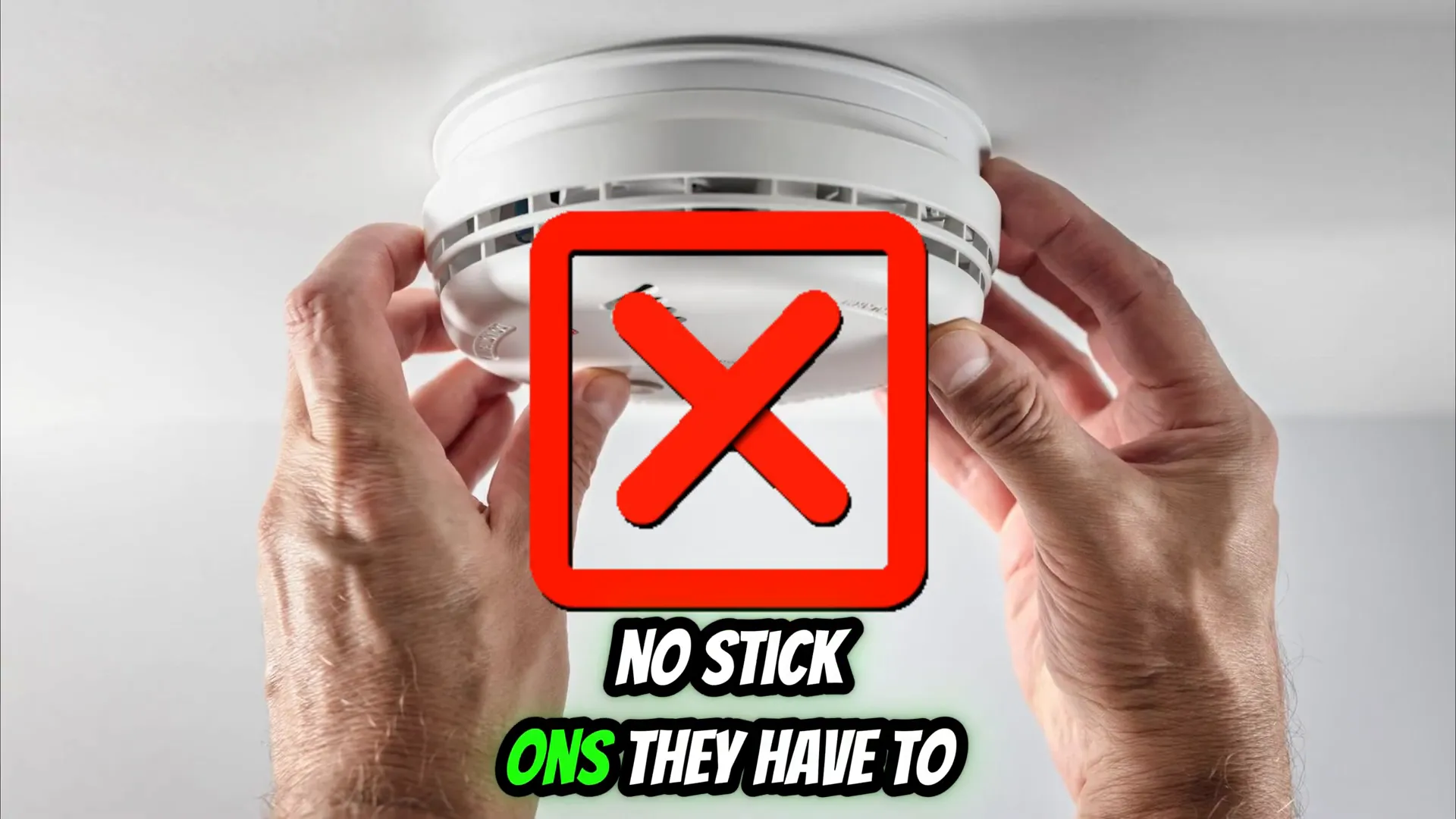
📝 What Compliance Means When Selling Your Home
If you’re in the process of selling your home, smoke detector compliance is not just a safety issue—it’s a legal obligation. Before escrow closes, your smoke detectors must be brought up to code. This means:
- Ensuring hardwired smoke detectors with battery backup for newer homes.
- Installing sealed 10-year battery smoke detectors in older homes.
- Replacing any noncompliant smoke detectors immediately.
When filling out the Transfer Disclosure Statement (TDS), you must accurately disclose whether your smoke detectors meet current regulations. Marking “Yes” for compliance when your detectors are not up to code is considered misrepresentation and can expose you to liability. Experienced real estate agents will catch this, but many sellers are unaware of the requirements.
Not only can this lead to legal trouble, but it can also delay or derail a sale if the buyer’s inspection reveals noncompliance.
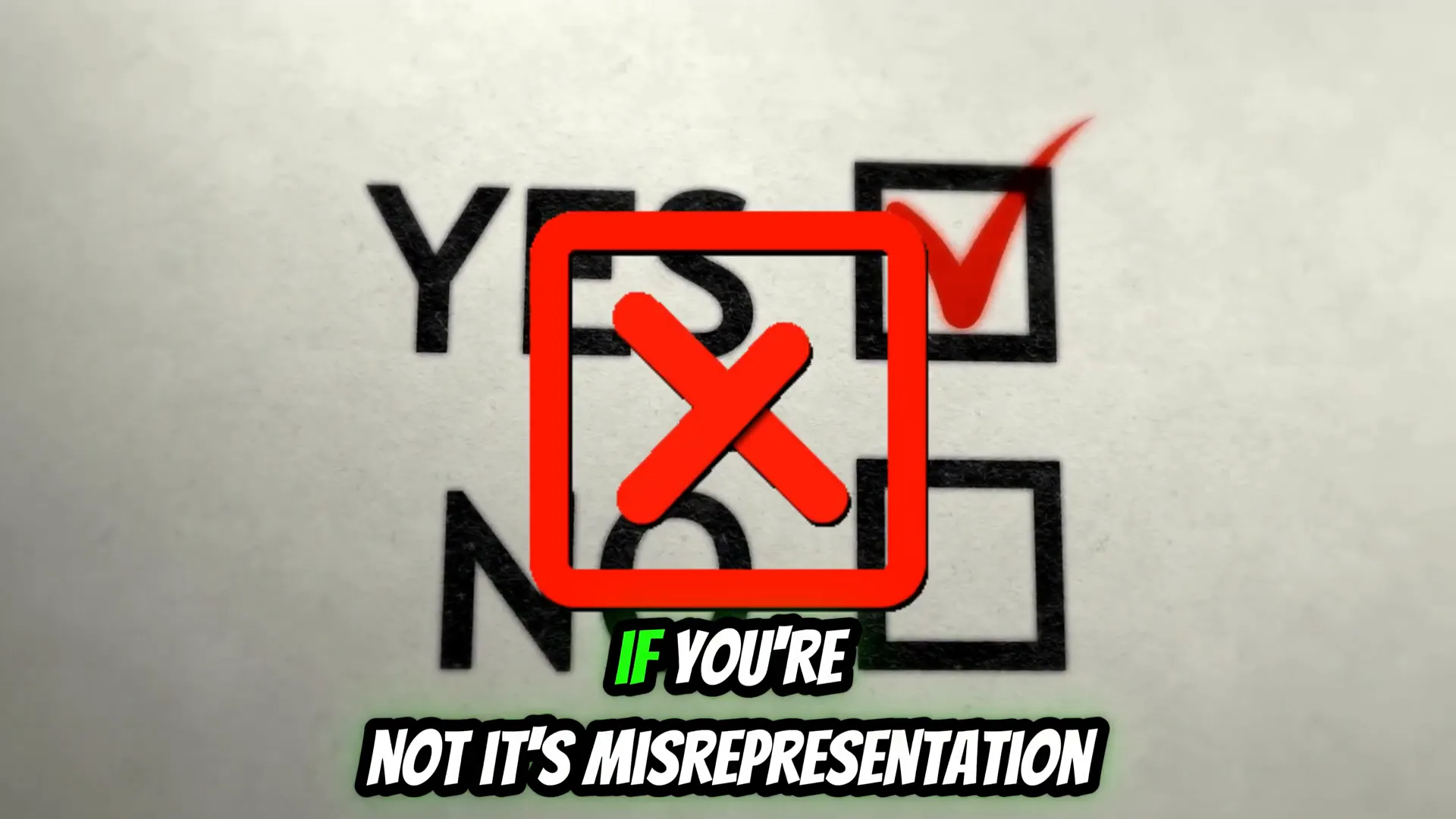
🏢 Smoke Detector Compliance and Rental Properties
For landlords, smoke detector compliance is even more crucial. California law requires rental properties to have properly installed, up-to-date smoke detectors. If your rental does not meet these standards, the property can be declared legally uninhabitable. This has several serious consequences:
- Tenants may legally withhold rent.
- Tenants can use noncompliance as a defense against eviction.
- Landlords could face lawsuits for unsafe living conditions.
Imagine this scenario: a tenant stops paying rent and you attempt an eviction. A savvy attorney could examine the property and find that your smoke detectors are out of compliance. They might argue that the rental unit is uninhabitable due to this issue, which could block your eviction efforts and cost you thousands in legal fees.
While public records of tenants successfully using smoke detector noncompliance as a defense are limited, California Civil Code 1941 clearly states that landlords must maintain habitable rental properties, including operable smoke detectors. Courts have recognized this defense in eviction cases, making it a real risk for landlords who neglect this requirement.
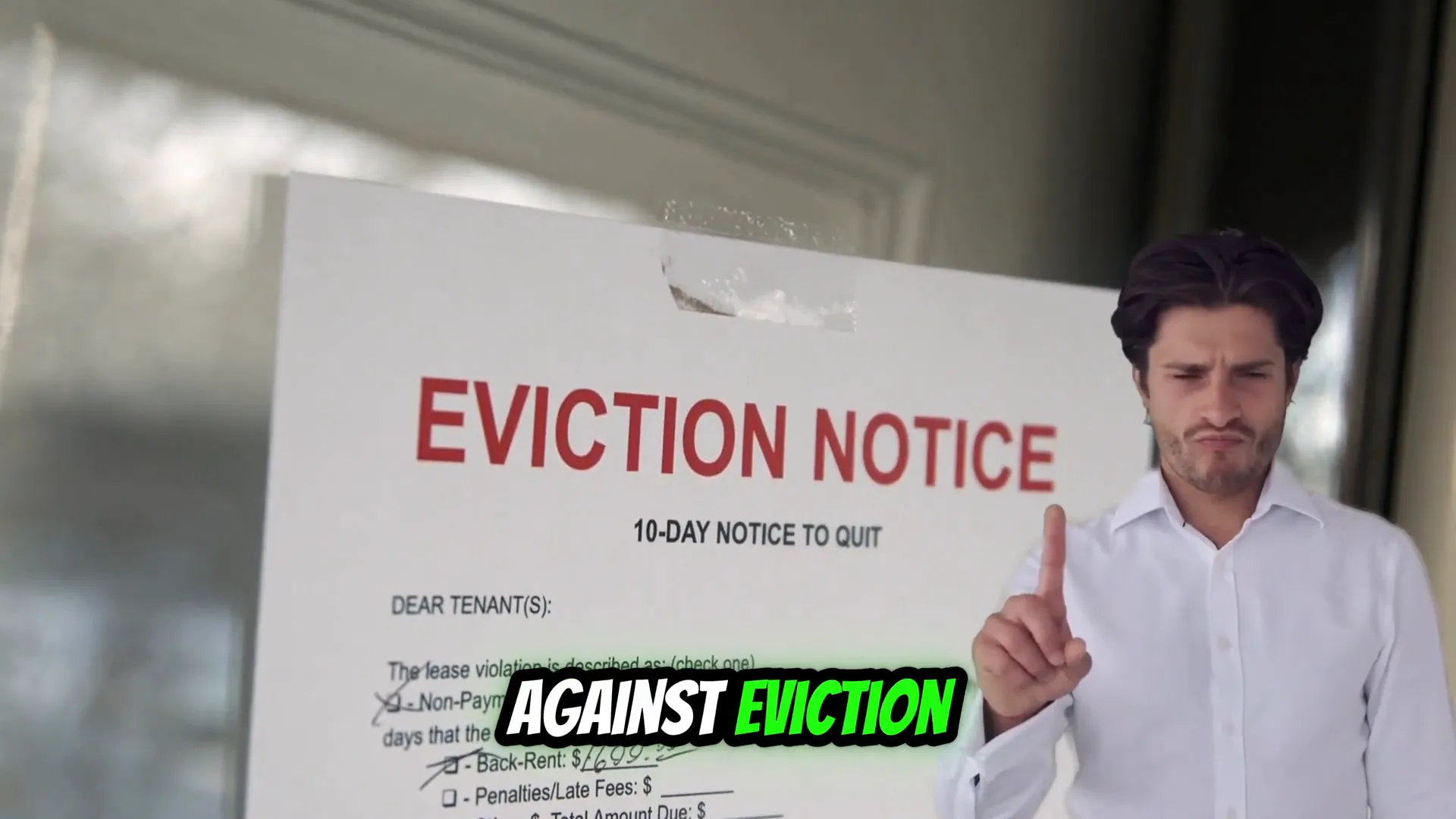
⚖️ Legal Framework Protecting Tenants: Habitability and Eviction Defense
Under California Civil Code 1941, landlords are mandated to keep rental properties habitable. This includes ensuring that smoke detectors are installed correctly and meet current safety standards. If a landlord fails to do so, tenants have the right to claim breach of habitability.
This breach can be used as a defense in eviction proceedings, especially when tenants face eviction due to nonpayment of rent. Tenants can argue that the landlord’s failure to provide a safe living environment justifies withholding rent until the smoke detectors are brought up to code.
Landlords must take this seriously. The cost of upgrading smoke detectors is minimal compared to potential legal battles, lost rental income, and the risk of being unable to evict a nonpaying tenant.
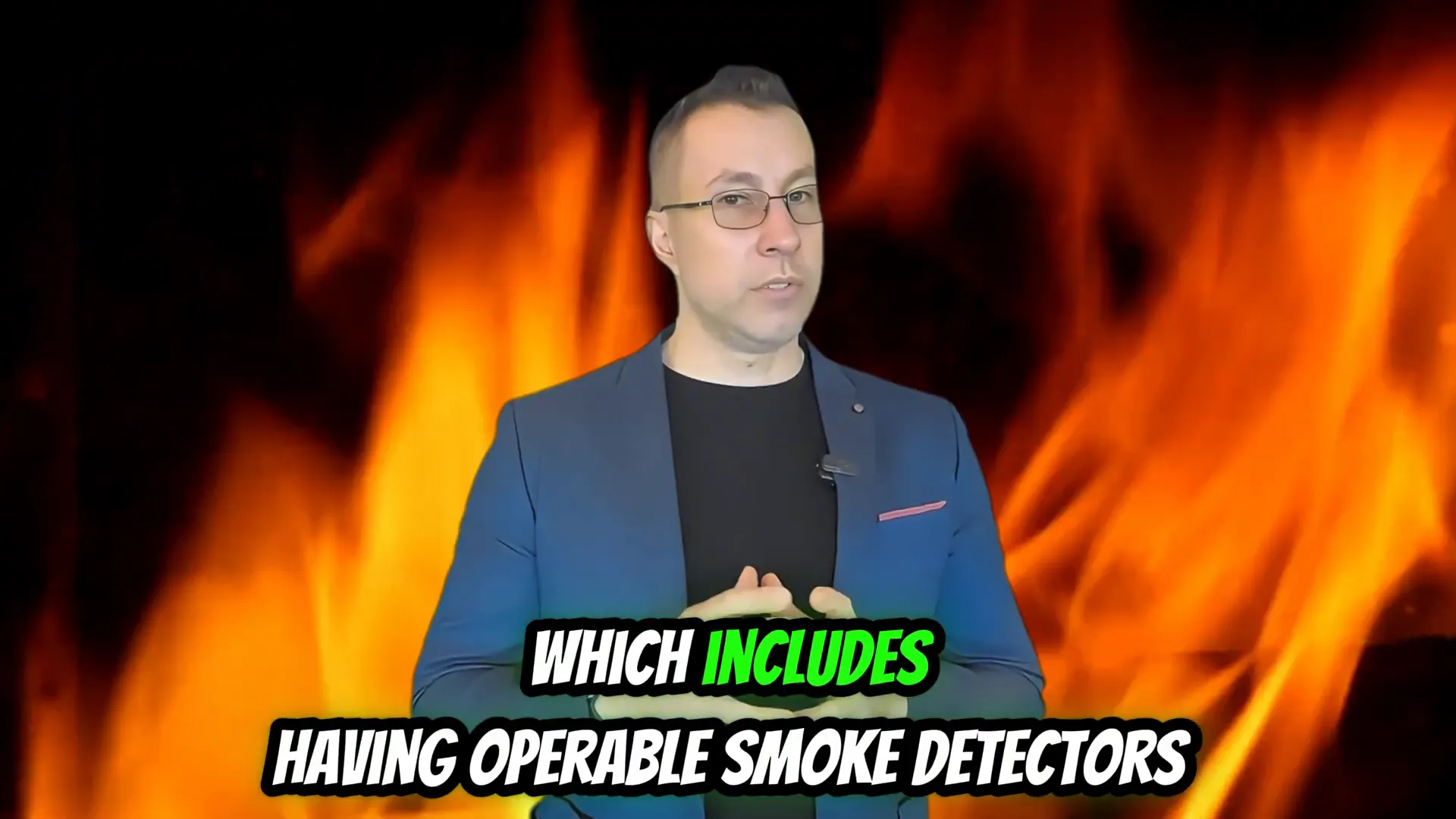
🔧 What Landlords Need to Do to Stay Compliant
If you own a rental property, here’s what you need to do to avoid legal trouble and keep your tenants safe:
- Check the construction date of your property to determine which smoke detector requirements apply.
- Install hardwired smoke detectors with battery backup if your property was built after August 14, 1992.
- Install sealed 10-year battery smoke detectors if your property was built before that date.
- Regularly inspect and maintain smoke detectors to ensure they are functioning correctly.
- Document compliance to protect yourself in case of disputes.
Remember, even if your smoke detectors are hardwired, the battery backup is a must. This small detail can make or break your case if a tenant challenges the habitability of your unit.
Upgrading your smoke detectors now is a simple step that can prevent costly legal fees and ensure your rental remains habitable and attractive to tenants.
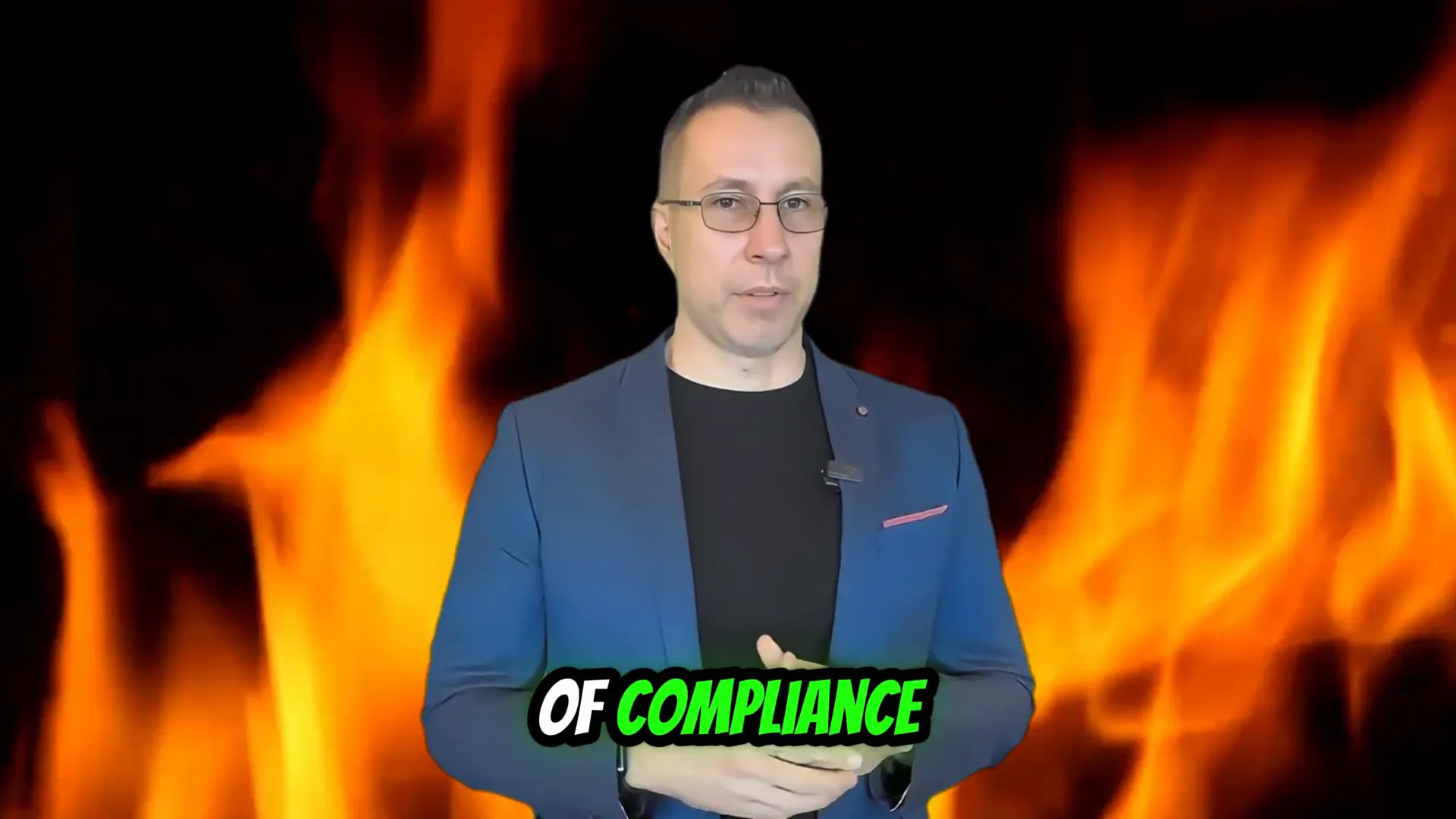
🏢 Condo Owners: Compliance Applies to Your Individual Unit Too! 🏢
Many condo owners assume that because the common areas have hardwired smoke detectors or CO (carbon monoxide) detectors with 10-year batteries, their individual units are covered. This is a misconception.
Your individual condo unit must also comply with all smoke detector requirements independently. This means you need to ensure that your unit has the correct type of smoke detectors based on its construction date and that they meet all current regulations.
Failing to do so can put you at risk if you decide to sell or rent your unit. Compliance in common areas does not exempt you from meeting the law in your private living space.
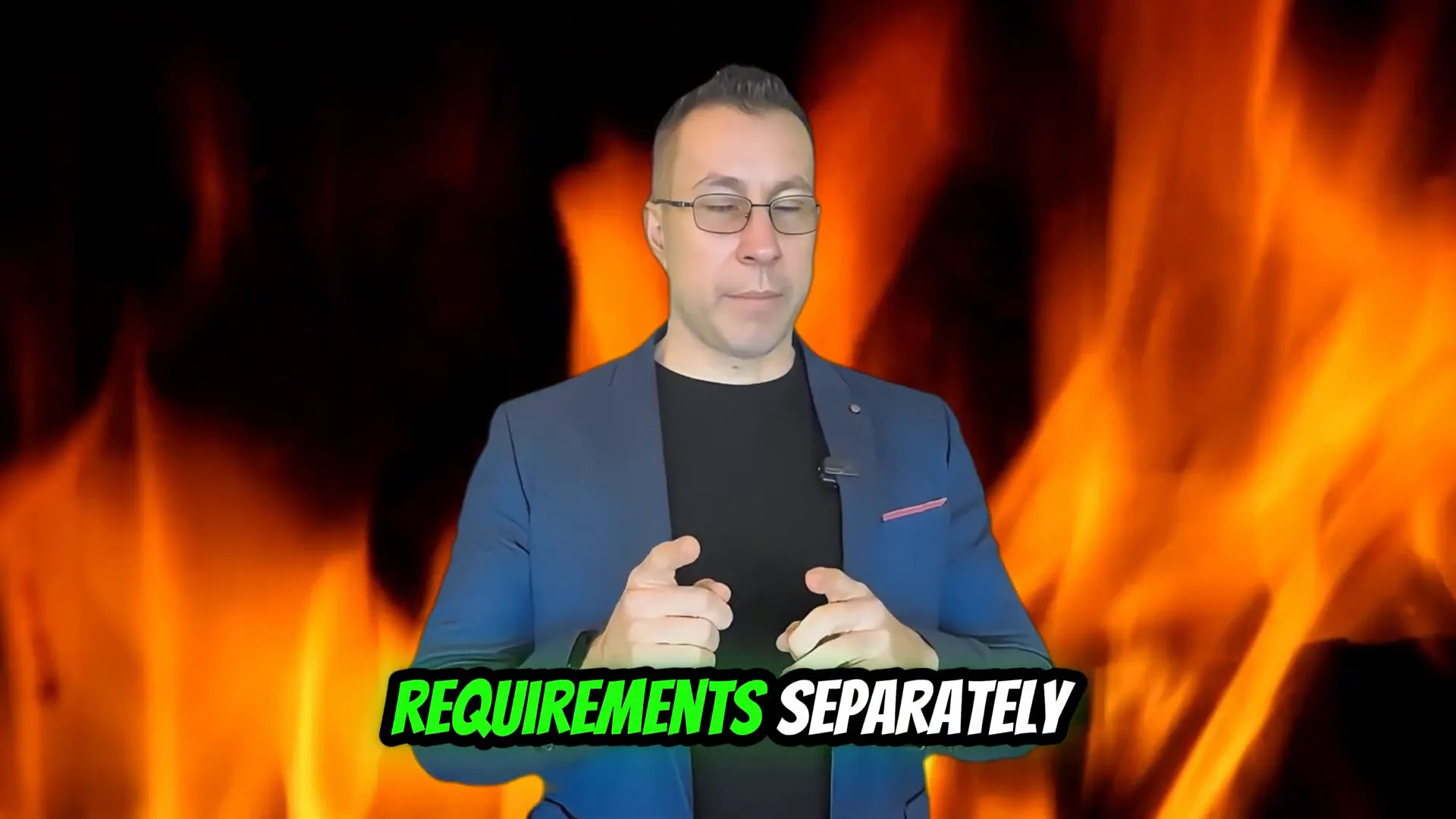
🛠️ How to Check and Upgrade Your Smoke Detectors
Here’s a quick checklist to help you assess and upgrade your smoke detectors:
- Identify your home’s construction date to know which rules apply.
- Test all smoke detectors monthly to ensure they are functioning.
- Replace battery-only detectors in older homes with sealed 10-year battery models.
- Upgrade to hardwired smoke detectors with battery backup in newer homes.
- Hire a licensed electrician if you need to install or upgrade hardwired smoke detectors.
- Keep receipts and documentation of compliance upgrades for real estate transactions or legal protection.
Don’t wait until you’re selling or renting your property to check your smoke detectors. Regular maintenance and timely upgrades will save you stress, money, and potential legal troubles.
❓ FAQ: Smoke Detector Compliance and Home Buying Tips
Q: What type of smoke detector do I need if my home was built in 1995?
A: Since your home was built after August 14, 1992, you need hardwired smoke detectors with a battery backup. Plug-in or stick-on detectors won't meet California requirements.
Q: I’m selling my house. When do I need to ensure smoke detector compliance?
A: You must bring your smoke detectors into compliance before escrow closes. You also need to disclose accurate information about compliance on your Transfer Disclosure Statement to avoid liability.
Q: Can a tenant withhold rent if smoke detectors are not compliant?
A: Yes. If smoke detectors are missing or not up to code, the property can be considered uninhabitable, giving tenants legal grounds to withhold rent or use this as a defense against eviction.
Q: Are smoke detector requirements different for condos?
A: Yes. Even if common areas have compliant smoke detectors, your individual condo unit must meet the same smoke detector standards based on its construction date.
Q: What happens if my rental property is found to be noncompliant?
A: Your property can be legally deemed uninhabitable. This could lead to tenants withholding rent, legal defenses against eviction, and possible lawsuits for unsafe living conditions.
Q: How long do sealed 10-year batteries in smoke detectors last?
A: As the name suggests, these batteries are designed to last for 10 years without needing replacement, ensuring long-term compliance and safety.
Q: Can I use plug-in or stick-on smoke detectors to comply with California law?
A: No. For homes built after August 14, 1992, only hardwired smoke detectors with battery backup are compliant. For older homes, sealed 10-year battery smoke detectors are required.
🔑 Final Thoughts: Protect Your Home and Investment
Smoke detectors might seem like a small detail in the grand scheme of buying, selling, or renting a home, but they carry enormous weight in terms of safety, legality, and financial risk. California’s smoke detector laws are clear and must be followed to ensure your property is habitable and your transactions are legally sound.
Whether you're a homeowner, a prospective buyer, a landlord, or a tenant, understanding these requirements and acting on them proactively can save you from legal headaches, financial losses, and potentially dangerous situations.
Make sure to check your smoke detectors today. Upgrade if needed. And when it’s time to buy or sell, use this knowledge as one of your essential home buying tips to avoid surprises and protect your investment.
Remember, knowing is half the battle—and when it comes to smoke detectors, being informed is the smartest way to keep your home safe and compliant.
Categories
- All Blogs (314)
- Client Testimonials (19)
- East Palo Alto (81)
- Graeham Watts Home Tours (23)
- Home Buyer's Process (34)
- Home Tours (28)
- Houses for sale in East Palo Alto (13)
- Investing (18)
- Landlord and Tenant Info (9)
- Menlo Park (49)
- Personal (5)
- Real Estate Questions Answered (91)
- Real Estate Tips (86)
- Redwood City (85)
- San Mateo County (10)
- Seller's Process (22)
Recent Posts



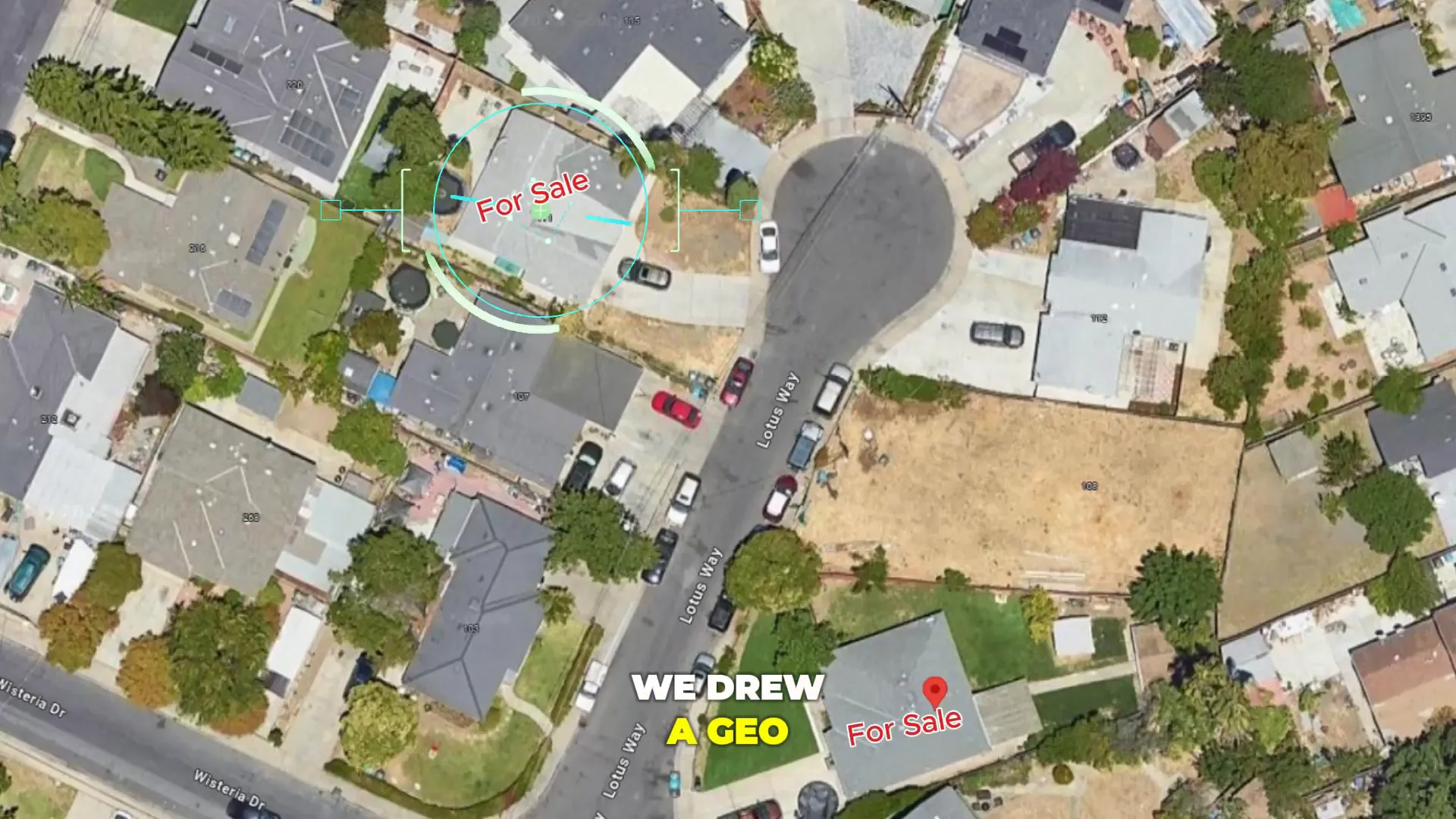
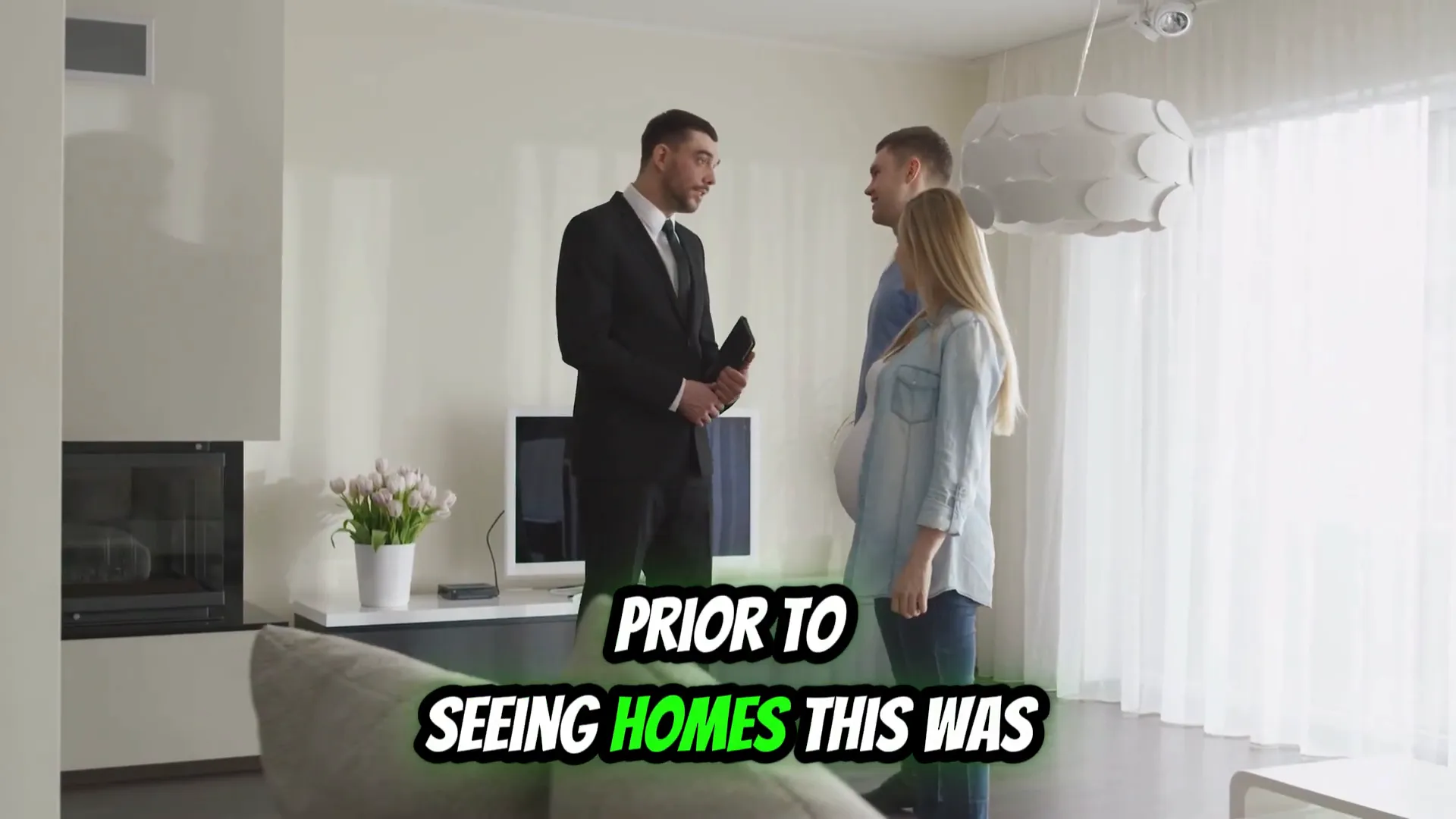



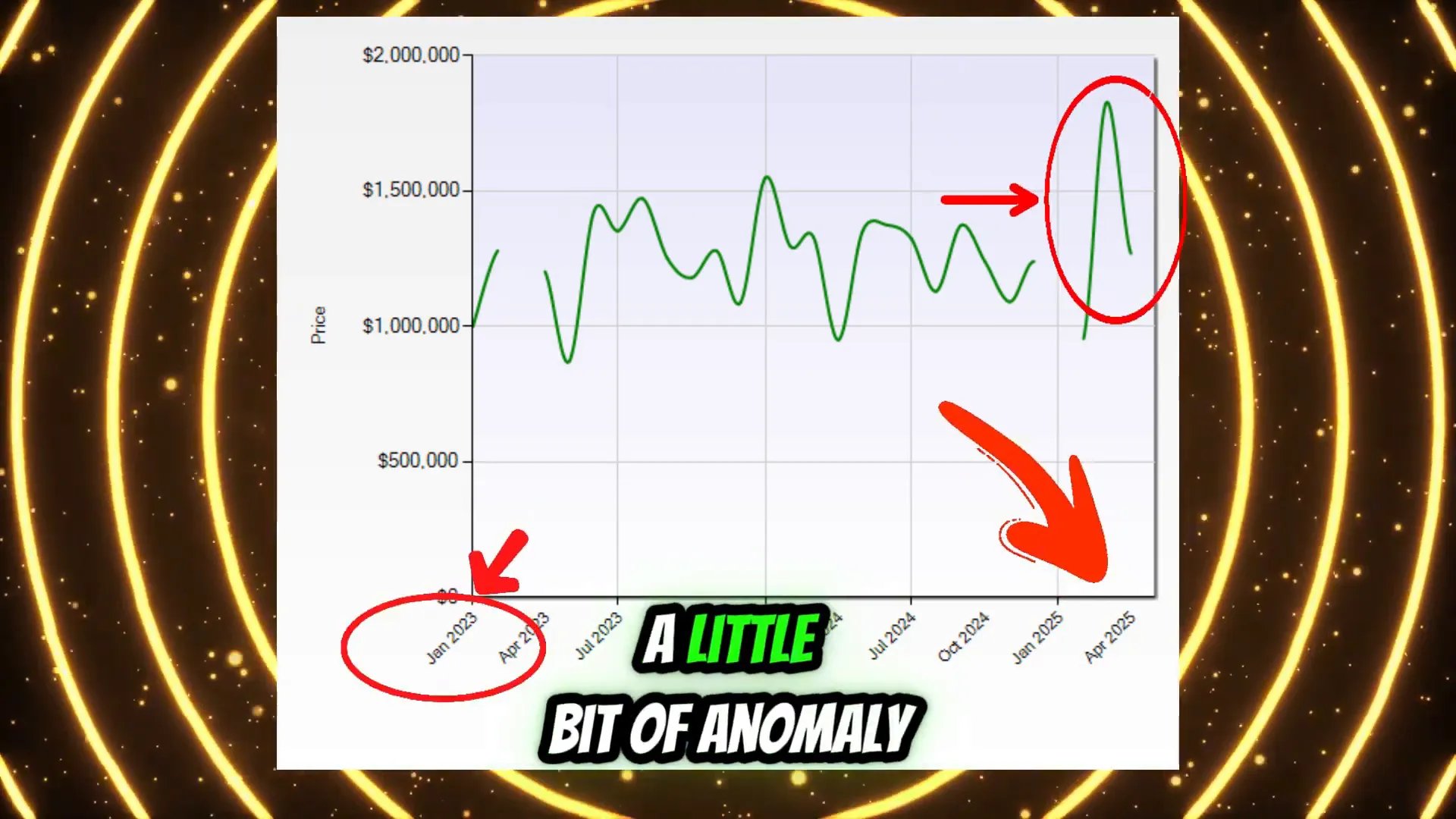
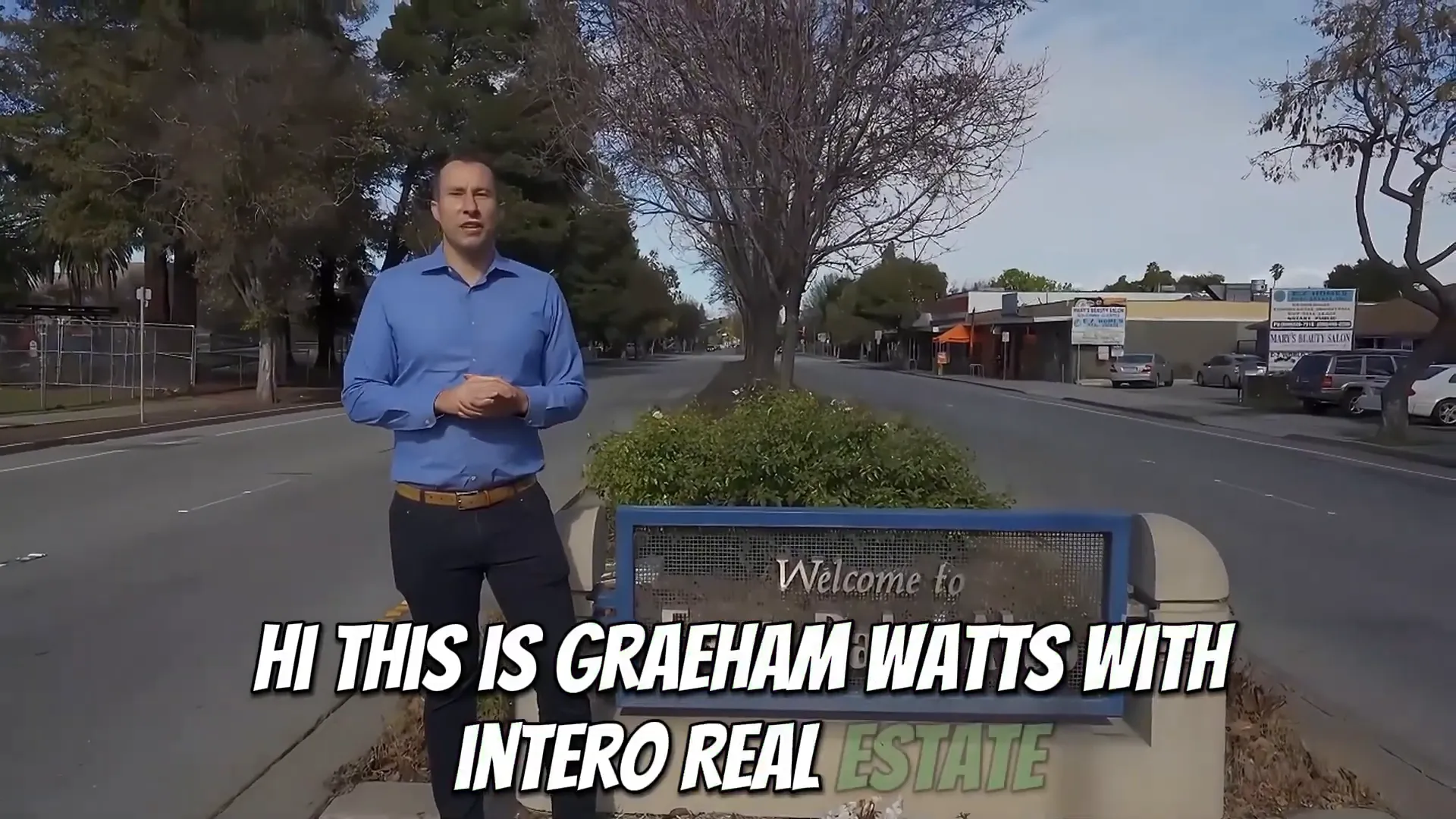
GET MORE INFORMATION

